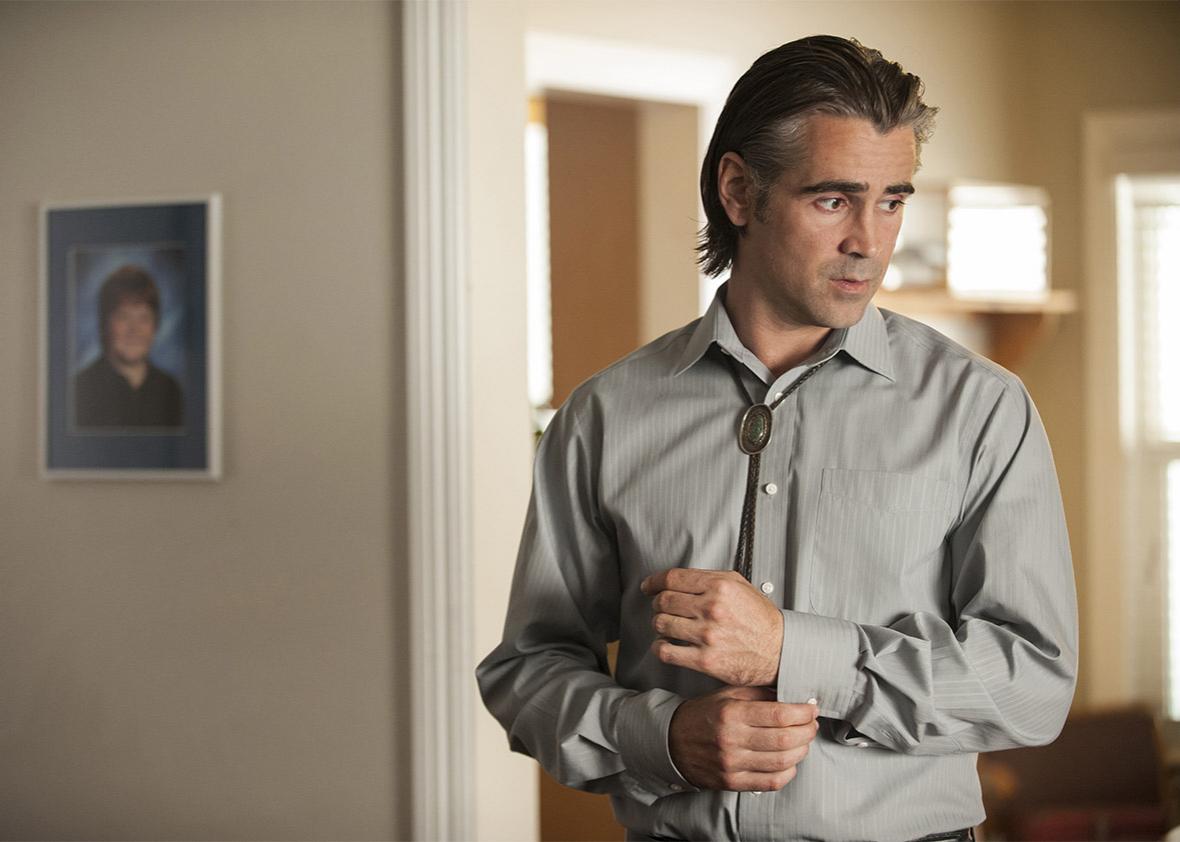Zombies,
We’re almost at the end and I’m so glad June has set me up to talk about performances. As I said earlier, evaluating acting is supremely subjective. And insulting a performance can feel really mean—something about the subjectivity makes it seem personal, when no one thinks twice about insulting, say, a baseball player who can’t hit a curve (or an actor in a movie. Is there something about the ongoing intimacy of TV that makes criticizing its acting feel so cutting?). These things can add up to an odd kind of silence around performances on TV, especially lackluster ones, even though acting is so central to the experience of a show.
That was basically a promise that I am going to get nasty, and I will, I will, if only because hearing someone say “I give no shits about Game of Thrones” thrills me to my core! Let’s stop being polite and start getting real! Oh, but first I will be polite. What were some of the standout performances to me this year? Well, obviously, this was the year of Cookie. Empire is outlandish and bold and new in so many ways, but I don’t think it would be one-half as good as it is without Taraji P. Henson’s towering, leopard-spotted performance, a full diva turn that never lets you forget the diva in question is a real person, with real pain, and a real heart. When She and Terrence Howard act across from each other, they both have such a twinkle in their eyes, it basically reflects against the fourth wall. Watching them work reminds me a little of watching SNL cast members break: Henson and Howard are, obviously, much more professional (they are doing their job and not, as in the case of SNL, failing at it) but there is something so delightful about watching actors having so much fun that you can see their enjoyment shining through.
Here’s a performer that I think deserves extra credit, because he did good work from inside the guts of a snorting, pretentious, noxious nonsense monster: Colin Farrell. He, and he alone, may have emerged from the True Detective Season 2 debacle with his reputation intact, and maybe even moderately boosted. Ray Velcoro, his sad-sack detective with the sad mustache, mumbled a lot, but he seemed like a real (sad) person, the only one in a show full of bogus themes masquerading as people.
Who else? Catastrophe’s acid and acrid Sharon Horgan, making a bad attitude look so, so good. Nathan Fielder in the great and bizarre sort-of-reality show Nathan for You, which I have not talked enough about: Nathan is only half playing a part, but that part is just awkward and self-assured enough that he makes the people around him do unexpected and foolish things, trying to ease the awkward by following his lead to ill-advised places. David Tennant in Jessica Jones was so creepy, all faux-wounded petulance and malignant “who-me?” domineering. Ellie Kemper in Unbreakable Kimmy Schmidt may have been occasionally overshadowed by the glorious antics of Tituss Burgess and Jane Krakowski, but she is the whole reason that show worked: sweet and, yes, unbreakable. And it took me all season, but I finally came around to Kirsten Dunst’s performance on Fargo: I found the last two episodes really moving, and in no small part because of her realization—fleeting as it was—of what she had done.
OK! I promised to throw some shade! In the spirit of wanton jerk-ery, let me first recall how sappy and saccharine the Parks and Rec finale was—was it underwritten by Sweetums?—and then glare in Mark Duplass’ direction. Mark, along with his brother Jay, is a prolific creator of lots of things that I enjoy. As a writer, producer, director, person with good taste, and creative force, he leaves me in awe. But his performance in Togetherness (which features great performances from the three other leads, and one of the scenes I loved this year, involving an over-emotional game of Kick the Can) irked me to no end. Like a lot of multi-hyphenates, when he’s acting, you can just see the gears turning. He’s always “making choices,” not inhabiting the part. When he’s on screen, it always feels like it’s a rehearsal, and he’s about to break off midsentence and be like, “Let me go again, but this time with less bougie angst.” (Ha, I kid: It’s always more bougie angst.)
Well, now I feel awful! And I will channel that into a last minute defense of Josh Pfefferman, played by Mark’s brother Jay. Guys, obviously, Raquel is the queen of queens (Is Kathryn Hahn ever not great? This is rhetorical. She is always great). But even Raquel is imperfect, and though Josh is a tool, he really was trying, and she left quicker than you can say “Take a breath.”
As we continue with this final round, I would love to hear about performances you love, as well as any other TV-related ephemera you are dying to share. I also have a couple of questions for you, Joe: What do you think is the most interesting aspect of ratings this year? You know so much the numbers, and I would love to hear whatever you think mattered or changed in 2015. Also, because I am macabre, indulge me: What is a doomsday scenario for the networks? Like what has to happen for them to cease to exist in the fashion that they exist now? Or is that still a ludicrous thing that will never happen?
Willa
To get each new entry in the 2015 Slate TV Club in your inbox, enter your email address below:
